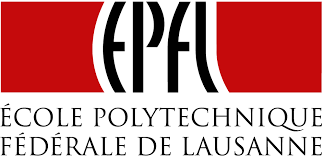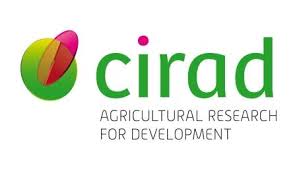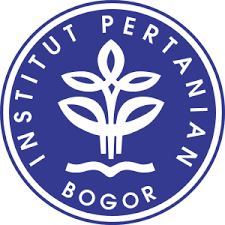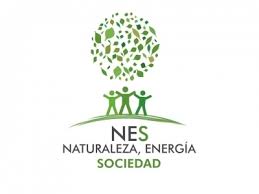
Background
Oil palm cultivation is a principal driver of tropical land-use change and deforestation. Oil palm provides significant earnings for countries, corporations and smallholders, but often at great environmental and social costs within and beyond the landscapes where it is grown.
Project’s purpose
The overall vision of the OPAL project was to improve the management of oil palm landscapes across Asia, Africa and Latin America. We concentrated our work in the three countries that were part of the project: Indonesia, Cameroon and Colombia. All three countries are producing palm oil, but in different contexts.
Methodology
Throughout the course of the project, we developed a multi-methodology portfolio to collect and analyse quantitative and qualitative data. All countries implemented ComMod as a participatory modelling platform to develop and explore scenarios of change. These platforms were built drawing on social and natural science conducted by the project (as well as existing information) as relevant to each of the three study areas.
Summary of outcomes
Watch our 3-min animation video!
Results
See pages on results.












